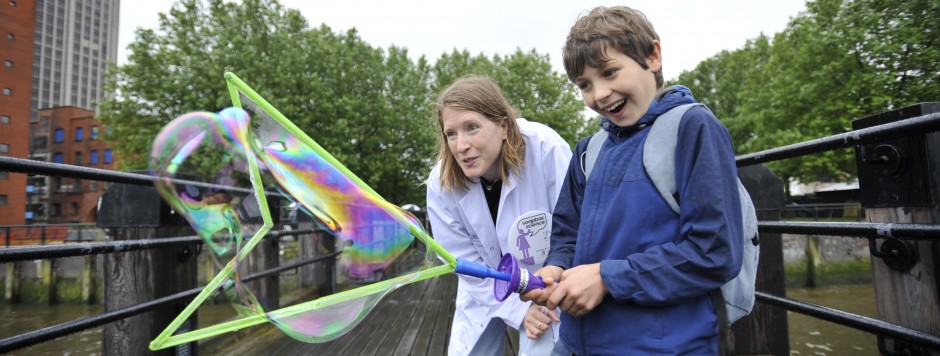 Anna Veprik is a researcher in the Department of Physiology, Anatomy and Genetics in the University of Oxford. She is trying to understand how various endocrine cells are sensing nutrient availability and translate it to hormone secretion. Meet her at Soapbox Science in Oxford and find out about the role of sugar in our body! Anna Veprik is funded by the Oxford – Novo Nordisk postdoctoral fellowship.
Anna Veprik is a researcher in the Department of Physiology, Anatomy and Genetics in the University of Oxford. She is trying to understand how various endocrine cells are sensing nutrient availability and translate it to hormone secretion. Meet her at Soapbox Science in Oxford and find out about the role of sugar in our body! Anna Veprik is funded by the Oxford – Novo Nordisk postdoctoral fellowship.
SS: how did you get to your current position?
AV: I am interested for quite a while in the diabetes research. I done my PhD in Israel working on beta cells (the ones that secrete insulin) and was very interested to look at additional cells and tissues involved in diabetes. I won this great fellowship that allows me to do exactly this and to do it in the University of Oxford.
SS: What, or who, inspired you to get a career in science?
AV: My Biology teacher. When I started secondary school I was selected to participate in science enrichment program. I got fascinated by the human body and the fact each cell can do so many different thing. My teacher enthusiasm was infectious.
SS: What is the most fascinating aspect of your research/work?
AV: I have an opportunity to find new things that nobody in the world knows about them yet. If I will be lucky, these findings might translate in the future to treatments that will improve patient lives. And I get to do all this surrounded by amazing people, from all around the world.
SS: What attracted you to Soapbox Science in the first place?
AV: I love talking about science and not just to my fellows in the lab, but also to everybody. I want to share what we learn in the lab with as many people as possible. Moreover, I think there is an urgent need for people, especially kids, to see different role models and to know that they can do whatever they can dream off.
SS: Sum up in one word your expectations for the day – excitement? Fear? Thrill? Anticipation?
AV: I am so thrilled. Can’t wait to be there.
SS: If you could change one thing about the scientific culture right now, what would it be?
AV: Funding. This is the biggest obstacle. I wish more funding was available, allowing us to focus more on producing a good science and not just chasing for the next grant.
SS: What would be your top recommendation to a female PhD student considering pursuing a career in academia?
AV: If you love it, go for it. I can promise it will not be easy, or relaxed but when you see this amazing result, it will worth everything. And just remember, it is a marathon, so you need a lot of patience and a lot of support.
